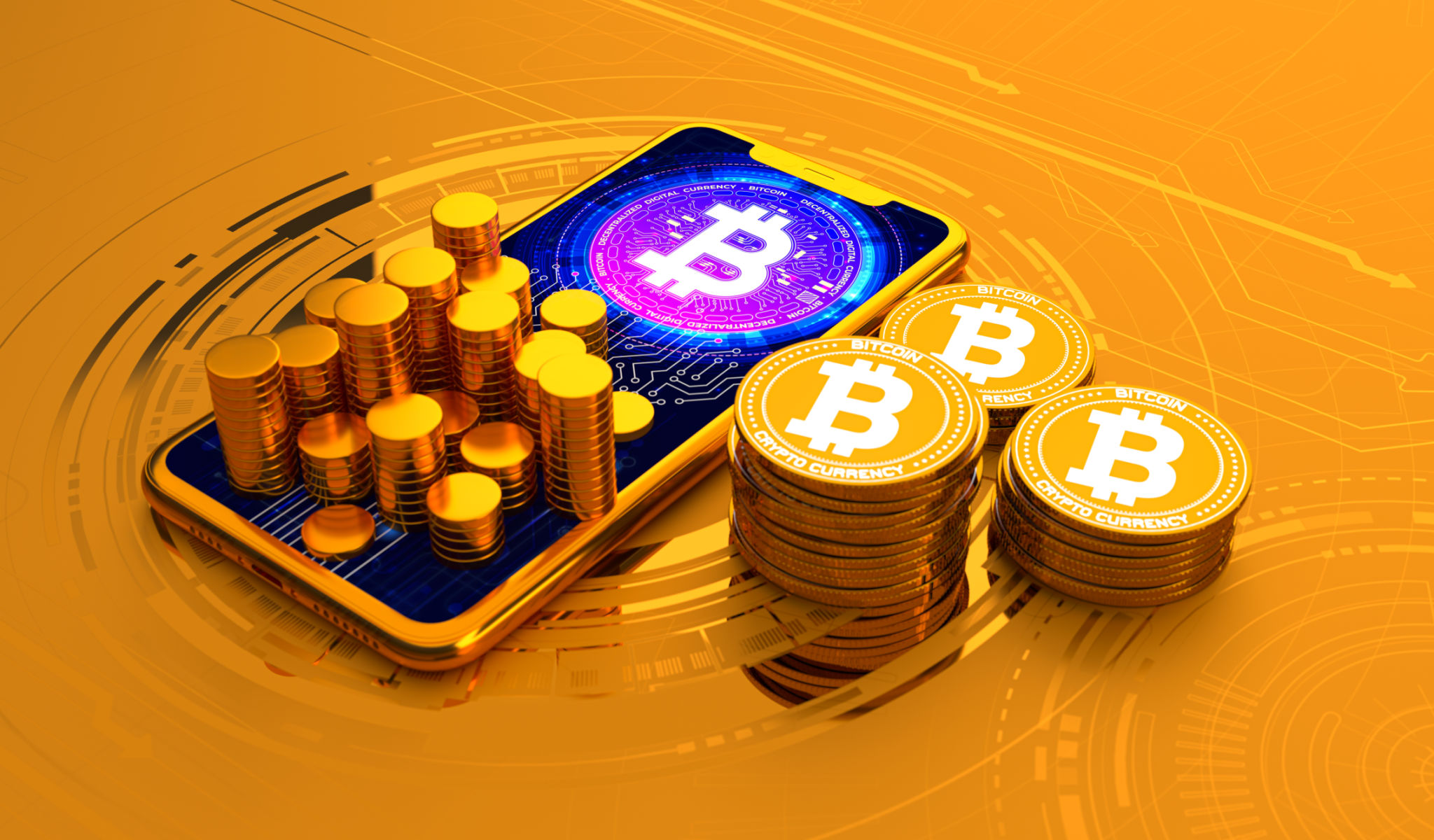Bitcoin: The Future Global Reserve in a Changing Financial Landscape
Understanding Bitcoin's Evolution
Bitcoin has come a long way since its inception in 2009, evolving from a niche interest among tech enthusiasts to a major player in the global financial system. Its decentralized nature and security features have captured the attention of investors, governments, and financial institutions worldwide. As traditional currencies face challenges, many are contemplating whether Bitcoin could eventually serve as a global reserve currency.

The Case for Bitcoin as a Global Reserve
One of the main arguments for Bitcoin becoming a global reserve currency is its decentralization. Unlike traditional currencies that are controlled by central banks, Bitcoin operates on a peer-to-peer network, reducing the risk of government interference or manipulation. This attribute makes it an attractive option for countries looking to diversify their reserves and hedge against economic uncertainty.
Moreover, Bitcoin's limited supply—capped at 21 million coins—ensures that it is immune to inflationary pressures that often plague fiat currencies. As central banks around the world continue to print money to stimulate economies, Bitcoin's fixed supply becomes increasingly appealing as a store of value.
Challenges Facing Global Adoption
Despite its advantages, there are several hurdles that Bitcoin must overcome to achieve the status of a global reserve currency. One major challenge is volatility. Bitcoin's price fluctuations can be extreme, making it a risky asset for countries and institutions to hold in large quantities. Stabilizing this volatility is crucial for wider acceptance.

Additionally, regulatory concerns remain a significant barrier. Governments around the world are grappling with how to regulate cryptocurrencies without stifling innovation. Establishing comprehensive regulatory frameworks will be essential for ensuring trust and stability in Bitcoin as a reserve asset.
The Role of Technology in Bitcoin's Future
Advancements in technology will play a crucial role in shaping Bitcoin's future as a global reserve currency. Improvements in blockchain scalability and transaction speeds are necessary to support wider adoption and use. Moreover, developments in security protocols will further enhance Bitcoin's appeal as a safe haven asset.

Furthermore, the rise of decentralized finance (DeFi) platforms could bolster Bitcoin's position in the financial ecosystem. By enabling more efficient and transparent financial services, DeFi could drive greater integration of Bitcoin into everyday transactions and financial operations.
The Potential Impact on Global Financial Systems
If Bitcoin were to become a global reserve currency, it would have profound implications for the global financial landscape. Countries with unstable currencies might find refuge in Bitcoin's stability, potentially reducing their reliance on traditional reserve currencies like the US dollar. This shift could lead to a more balanced global economy where power is more evenly distributed among nations.
The impact on international trade could also be significant. With Bitcoin as a reserve currency, cross-border transactions might become more efficient and cost-effective, eliminating the need for intermediaries and reducing transaction fees.
Conclusion: A New Era of Finance?
The prospect of Bitcoin as a global reserve currency is both exciting and complex. While there are numerous challenges to address, the potential benefits are equally compelling. As the world navigates an increasingly interconnected and digital financial landscape, Bitcoin may very well play a pivotal role in shaping the future of global finance.
